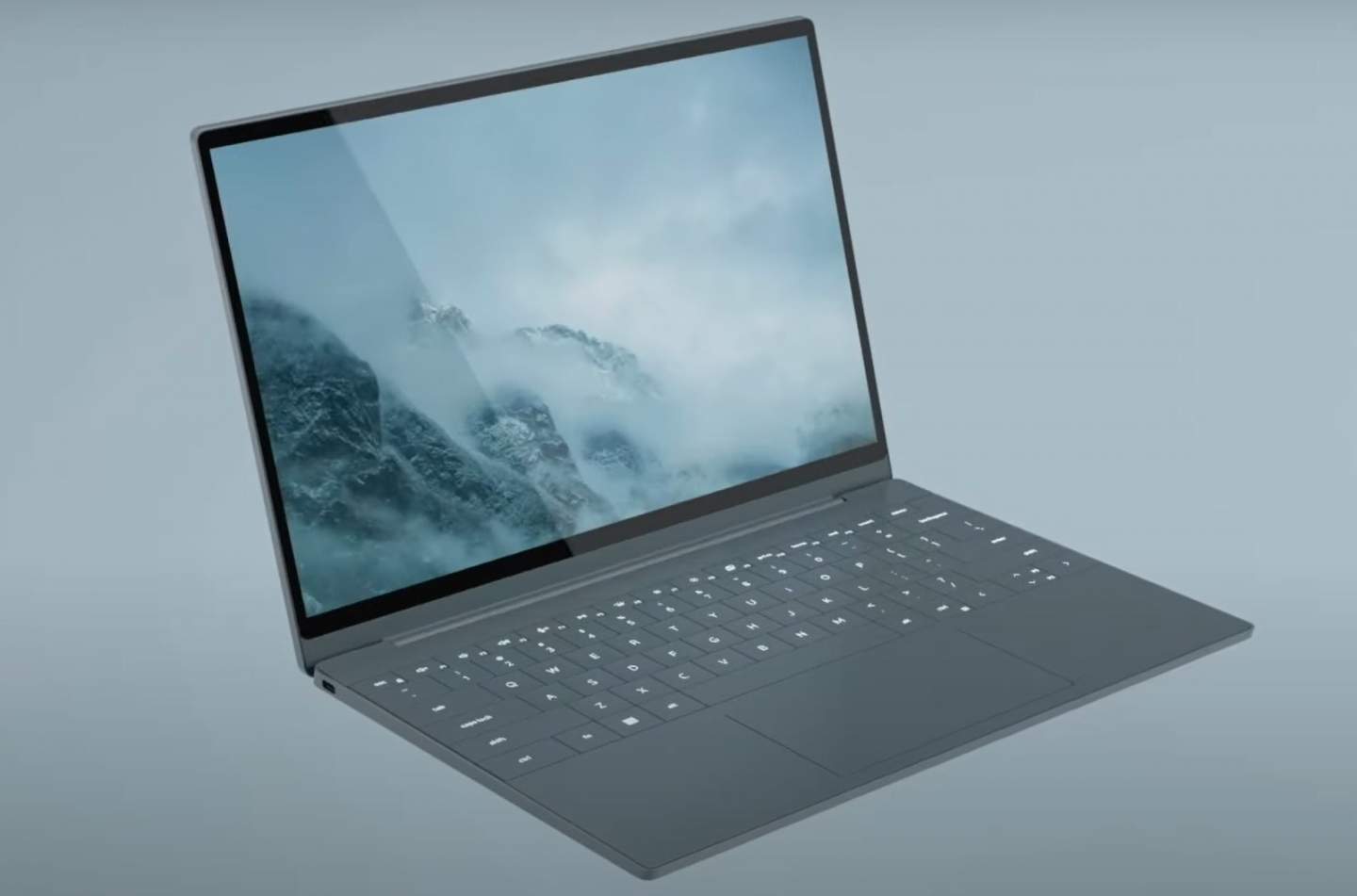Dell has presented Concept Luna, a proof-of-idea PC planned considering maintainability. However the model will not be made accessible to purchasers, the work put into this gadget shows ways makers can move toward PC plan later on, lessening their items’ effect on the climate by accepting the round economy, further developed repairability, and then some.
Electronic waste significantly affects the climate due partially to the poisonous synthetic substances it discharges into the air and groundwater (through Elytus). Reusing assumes a significant part in diminishing e-squander by reaping and, whenever the situation allows, reusing components for new gadgets. Notwithstanding, reusing is just a single part of diminishing ecological effect, with green endeavors underscoring the requirement for reuse and life span prior to reusing.
Numerous hardware are discarded on the grounds that they end up harmed so that maintenance would be excessively expensive or difficult. Buyers might dispose of an in any case completely fine gadget if, for instance, the cost of fixing it could be near that of buying an altogether new unit. This issue can be tended to by planning items considering future fix needs, in addition to other things.
Dell tends to these worries with Concept Luna, a PC intended to lessen the carbon effect of its parts, make future fixes more straightforward, further develop productivity to decrease energy use, cut down on the measure of salvaged material that outcomes from building the frame, and make it simpler to reuse the printed circuit sheets controlling the machine.
“Idea Luna is a solid illustration of how we are investigating better approaches to significantly speed up progress against our objectives,” Dell’s Chief Technology Officer for Client Solutions Group Glen Robson clarified in a blog entry itemizing the task.
Robson focuses to Dell’s current responsibilities in regards to the fate of its ecological effect, including an objective to arrive at net-zero ozone depleting substance discharges and backing the roundabout economy. Some portion of the organization’s work includes what it calls roundabout plan, which considers an item’s full life expectancy the whole way through to when it is in the end reused. Dell says it plans to plan items where each part can be either reused or reused.
Dell worked together with Intel on its Concept Luna confirmation of idea, which it says was “made to test what could be conceivable, not to be made and sold.” The subsequent plan incorporates some significant changes contrasted with business PCs, including a motherboard size decreased by around 75-percent that cuts the part’s carbon impression by around 50%.
As a feature of the plan, Robson says Dell’s Concept Luna group “totally reexamined the format of every single inward part,” preparing for further developed hotness circulation, productivity, and simplicity of-fix. The idea utilizes just four screws, which incredibly accelerates the rate at which the PC can be adjusted, in addition to the plan makes it more straightforward to fix parts that regularly wear out or become harmed, including the screen and palm rest.




Average Rating